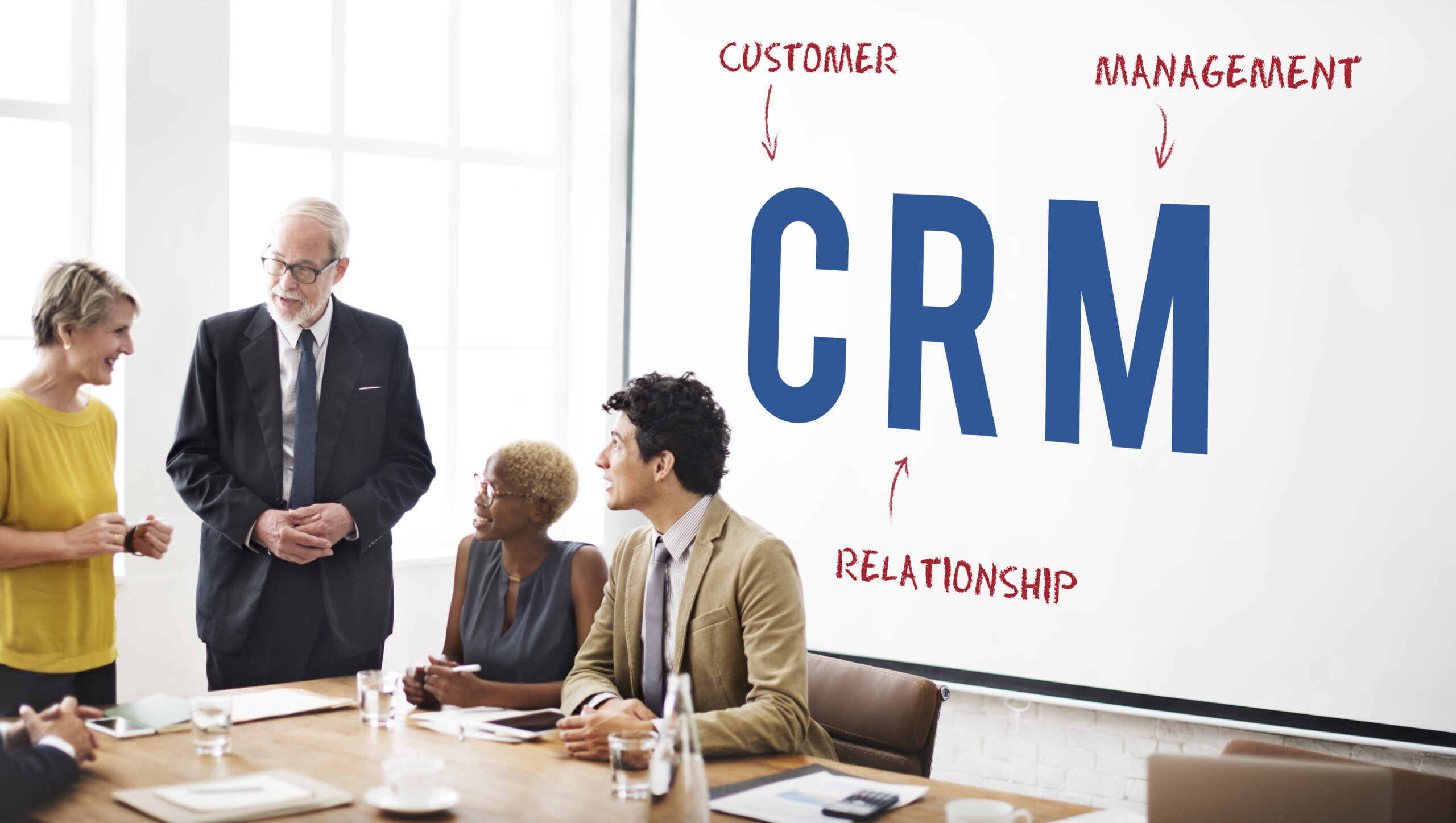The Impact of CRM software for Accountants in UK Accounting Practices

Software has become a crucial element in modern accounting practices, particularly through the implementation of Customer Relationship Management (CRM) systems. These tools help accountants effectively manage client relationships, ensuring that important information is easily accessible and organised.
By using CRM software, accountants can keep track of client interactions, preferences and needs, leading to better service delivery. This not only enhances client satisfaction but also fosters long-term relationships. As the accounting landscape evolves, CRM systems offer a practical solution to the challenges faced by firms, such as managing large volumes of data and maintaining effective communication.
Ultimately, adopting CRM software is essential for accountants in the UK who aim to improve their practices and stay competitive in a rapidly changing environment.
What is a CRM software?
CRM software, or Customer Relationship Management software, is a tool designed to help businesses manage their interactions with current and potential clients. It serves as a centralised platform where companies can store customer information, track communication history and manage sales leads.
By using CRM software, businesses can improve their relationships with clients by ensuring that all relevant data is easily accessible. This allows for better communication and personalised service, which can lead to increased customer satisfaction.
What is the impact of CRM software for Accountants?
1. Improved Client Management
Improved client management is one of the key benefits of using CRM software for accountants. With a centralised system, accountants can easily store and access all important client information in one place. This includes contact details, communication history and specific needs or preferences. Having everything organised helps accountants respond quickly to client inquiries and provide personalised service.
Additionally, CRM software allows accountants to track interactions with clients over time. By keeping detailed records of meetings, emails and phone calls, accountants can better understand their clients’ concerns and goals. This knowledge helps build stronger relationships and ensures that clients feel valued. Overall, effective client management leads to higher satisfaction and loyalty among clients.
2. Enhanced Communication and Collaboration
Enhanced communication and collaboration are crucial benefits of CRM software for accountants. With these tools, accountants can easily share information and updates with their team members. This ensures that everyone is on the same page regarding client needs and deadlines. By having access to shared documents and communication channels, accountants can work together more effectively, reducing misunderstandings and improving overall service.
Moreover, CRM solutions allow for real-time communication, making it easier to discuss client matters or project updates without delays. Features like chat tools and notifications keep team members informed about important events and tasks. This level of connectivity fosters a collaborative environment where accountants can brainstorm ideas and solve problems together. Ultimately, improved communication leads to better teamwork, which enhances the quality of service provided to clients.
3. Increased Efficiency and Productivity
Increased efficiency and productivity are significant advantages of using CRM software for accountants. By automating routine tasks, such as scheduling meetings and sending reminders, accountants can save a considerable amount of time. This allows them to focus on more important activities, like providing valuable financial advice and developing client relationships.
Moreover, CRM systems help accountants organise their workflows better. With all client information in one place, accountants can quickly access the data they need without searching through multiple files or applications. This easy access reduces errors and ensures that deadlines are met consistently. As a result, accountants can handle more clients and projects simultaneously, ultimately boosting their overall productivity and effectiveness in managing their practice.
4. Better decision-making
Better decision-making is a key benefit of using CRM software for accountants. These systems gather and analyse valuable data about clients, including their preferences and past interactions. This information helps accountants understand what clients need, allowing them to make informed choices about services and strategies that will best meet those needs.
Additionally, CRM software provides insights into overall business performance. By tracking metrics like client engagement and sales trends, accountants can identify areas for improvement. This data-driven approach allows them to adjust their practices effectively, ensuring they remain competitive in the market. With better access to information, accountants can make decisions that not only benefit their clients but also promote growth within their own practices.
5. Improved Client Satisfaction and Retention
Improved client satisfaction and retention are vital outcomes of using CRM software for accountants. By keeping all client information organised and easily accessible, accountants can provide personalised service that meets individual needs. When clients feel understood and valued, they are more likely to be satisfied with the services they receive.
Additionally, CRM systems allow accountants to follow up with clients regularly and address any concerns promptly. This proactive approach builds trust and loyalty, making clients more likely to stay with the firm long-term. By providing timely communication and support, accountants can create stronger relationships with their clients. Ultimately, satisfied clients are more likely to refer others, helping to grow the accountant’s practice even further.
In conclusion, CRM software is transforming how accountants manage their practices and client relationships. By providing tools for better organisation, communication and decision-making, these systems help accountants work more efficiently and effectively.
Improved client management leads to higher satisfaction and loyalty, which is crucial for long-term success. As the accounting industry continues to evolve, adopting CRM solutions will be essential for accountants who want to stay competitive and meet their clients’ needs. Embracing this technology not only benefits individual practices but also contributes to a more responsive and client-focused accounting landscape overall.
Discover how Nomi’s CRM software can assist you in achieving these benefits and elevate your accounting practice. With its industry-specific features and user-friendly interface, Nomi’s CRM software is perfect for accountants. Get a free trial or book a demo to see how it can transform your accounting practice.
Want to find out more?
Book a free 30-day trial or talk to one of our advisor and see how our accounting software can help you manage staff, increase profitability and take your practice to the next level.

Be Audit-Ready: What HMRC Wants to See in Your Corporation Tax Records
Keeping accurate financial records has always been an important part of running a compliant limited...
Read More

Onboarding That Wins Clients: A Smarter Start For Accountants
Client onboarding is about more than just ticking admin boxes. A smooth, professional client onboarding...
Read More

Making Tax Digital: A Self-Employed Guide to ITSA Changes’?
If you’re self-employed, a sole trader or run a small business, you’ve probably heard about...
Read More

Introducing OpenTax for Nomi’s Accountants
Managing client tax submissions and payments can be a time-consuming challenge for accountants. OpenTax simplifies...
Read More